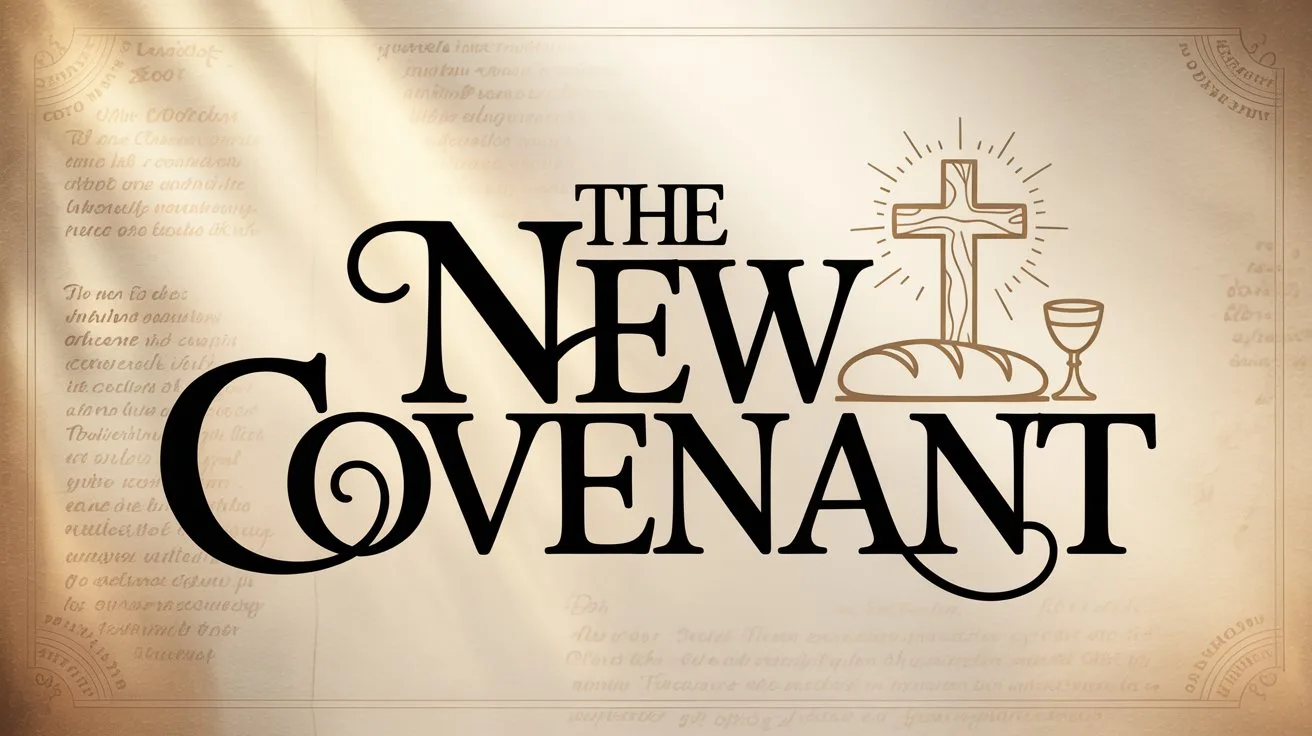The Book of Enoch has sparked much interest and debate throughout Christian history. While it contains fascinating insights and historical narratives, it is not part of the inspired canon of Scripture. Understanding its origins, content, and theological implications is essential for a proper biblical perspective.
Origin and Authorship
The Book of Enoch, also known as 1 Enoch, is an ancient Jewish text attributed to Enoch, the great-grandfather of Noah. Enoch is briefly mentioned in the Bible, most notably in Genesis 5:24:
“And Enoch walked with God; and he was not, for God took him.”
While the biblical account gives little detail about Enoch’s life, the Book of Enoch expands on his supposed visions and revelations regarding the spiritual realm, angels, and the coming judgment.
However, scholars generally agree that the text was not written by Enoch himself. It is believed to have been compiled between 300 BC and 100 AD, long after Enoch’s time. The authors remain unknown; it reflects Jewish apocalyptic thought from the Second Temple period.
Content of the Book of Enoch
The Book of Enoch is divided into five sections:
The Book of the Watchers (Chapters 1-36) – Describes the fall of the angels, called Watchers, who descended to earth, took human wives, and fathered the Nephilim (giants). This section parallels Genesis 6:1-4.
The Book of Parables (Chapters 37-71) – Contains messianic prophecies and visions of the coming judgment, introducing the “Son of Man” figure.
The Book of the Luminaries (Chapters 72-82) – Describes cosmology and heavenly secrets, including the movement of celestial bodies.
The Book of the Dream Visions (Chapters 83-90) – A symbolic retelling of human history through visions, including a prophecy of the flood and the coming Messiah.
The Epistle of Enoch (Chapters 91-108) – Contains moral teachings and prophetic judgments against the wicked.
The most famous part is The Book of the Watchers, which attempts to explain the origin of evil through the rebellion of the angels and the birth of the Nephilim.
Alignment with Scripture
The Book of Enoch does contain themes that align with Scripture:
The Nephilim and Fallen Angels: The account of fallen angels marrying human women (Genesis 6:1-4) is expanded in Enoch.
Final Judgment: Enoch emphasizes the coming judgment and the punishment of the wicked, similar to biblical teachings in Jude 14-15 and Revelation 20:11-15.
Messianic Prophecies: Enoch speaks of a coming figure called the Son of Man, which echoes Daniel’s prophecy (Daniel 7:13-14) and foreshadows Christ.
Interestingly, Jude 14-15 appears to directly quote from the Book of Enoch:
“Now Enoch, the seventh from Adam, prophesied about these men also, saying, ‘Behold, the Lord comes with ten thousands of His saints, to execute judgment on all…'”
However, a biblical quote from Enoch does not equate to endorsement of the entire book as inspired. Paul also quoted pagan poets (Acts 17:28), without endorsing their writings as Scripture.
Where the Book of Enoch Deviates from Scripture
While Enoch shares some alignment with biblical ideas, it also diverges from Scripture in significant ways:
Elaborate Angelology: Enoch describes complex hierarchies of angels and mystical cosmology not supported by Scripture.
Works-Based Salvation: Some parts emphasize righteousness through works rather than faith.
Inconsistent with Genesis: While Genesis 6 gives a brief account of the Nephilim, Enoch provides elaborate mythological details with speculative elements.
The early church, guided by the Holy Spirit, did not include the Book of Enoch in the canon. It was excluded from both the Hebrew Scriptures and the New Testament canon established by the apostles.
Historical Value but Not Inspired Scripture
The Book of Enoch can be respected as an ancient historical text that offers insight into Jewish thought before the coming of Christ. However, it should be approached with caution:
Not Scripture: It lacks the divine inspiration and preservation seen in the canon of Scripture.
Potential for Confusion: Its mystical content can mislead or confuse those not deeply grounded in the Word.
Historical Insight: It may reflect how ancient Jews understood Genesis 6 and the spiritual realm.
While Jude references it, the overall testimony of the early church and biblical authors clearly separates inspired Scripture from extra-biblical writings.
My Final Thoughts
The Book of Enoch is a fascinating historical document that offers insight into early Jewish interpretations of Genesis, especially regarding the Nephilim and fallen angels. While some of its content aligns with biblical truth, it also diverges in significant ways and lacks the mark of divine inspiration.
It is best approached as a historical work, not a source of doctrine. Scripture alone is the final authority for faith and practice, as 2 Timothy 3:16-17 declares:
“All Scripture is given by inspiration of God, and is profitable for doctrine, for reproof, for correction, for instruction in righteousness.”
I recommend that only those deeply grounded in the Word explore the Book of Enoch, as it can be confusing for newer believers. Ultimately, the inspired Word of God is sufficient for salvation, truth, and wisdom.












